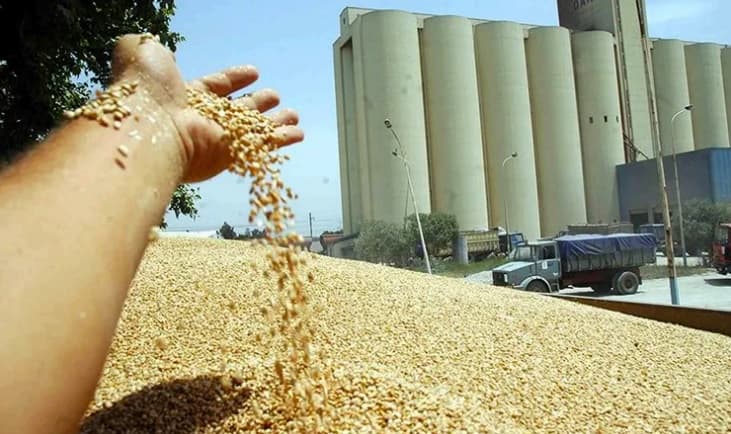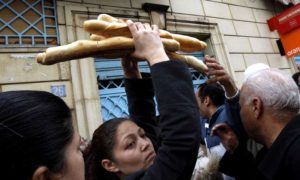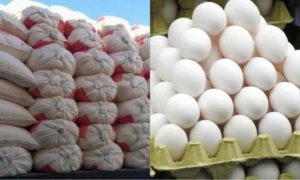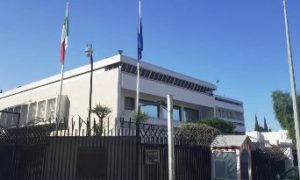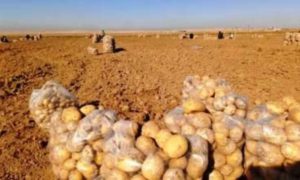The Raqabah observatory issued a report presenting a detailed analysis of import and sales data from the Cereals Office, associating with soft wheat and durum wheat from 2010 to 2023. Particular attention was paid to figures for the first half of 2023, a period during which the crisis heightened.
The report likewise explores, in-depth, the situation of the Cereal Office, stressing the cyclical and structural factors that led to a marked increase in its cumulative losses, amounting to almost two billion dinars at the time of the year 2021.
It additionally emphasizes that the current legal and legislative framework of the sector is in dire necessity of urgent reforms. It calls for the development of unified, modern and coherent legislation, as well as the adoption of different regulatory measures with a view to structuring the sector, closing the loopholes used by various lobbies and discouraging any transgressive behaviour.
The report comes to the conclusion that all of these difficult issues inevitably converge towards a central problem that impacts the Cereals Office, the Ministry of Commerce, the raw materials support unit, as well as the Tunisian government authorities in their globality: this affects notoriously deficient governance, a lack of adequate information systems and a decline of control mechanisms intended to prevent abuses and often recurring agreements.
The report closes by offering a certain number of targeted recommendations for the attention of public authorities. These directives seek, according to the observatory, initially, to ease the current economic crisis which is worsening the quality of daily life of citizens. Secondly, the goal is to initiate major structural reforms to fundamentally reconfigure the system of production and distribution of bread and basic food products derived from wheat.
What's happening in Tunisia?
Subscribe to our Youtube channel for updates.



